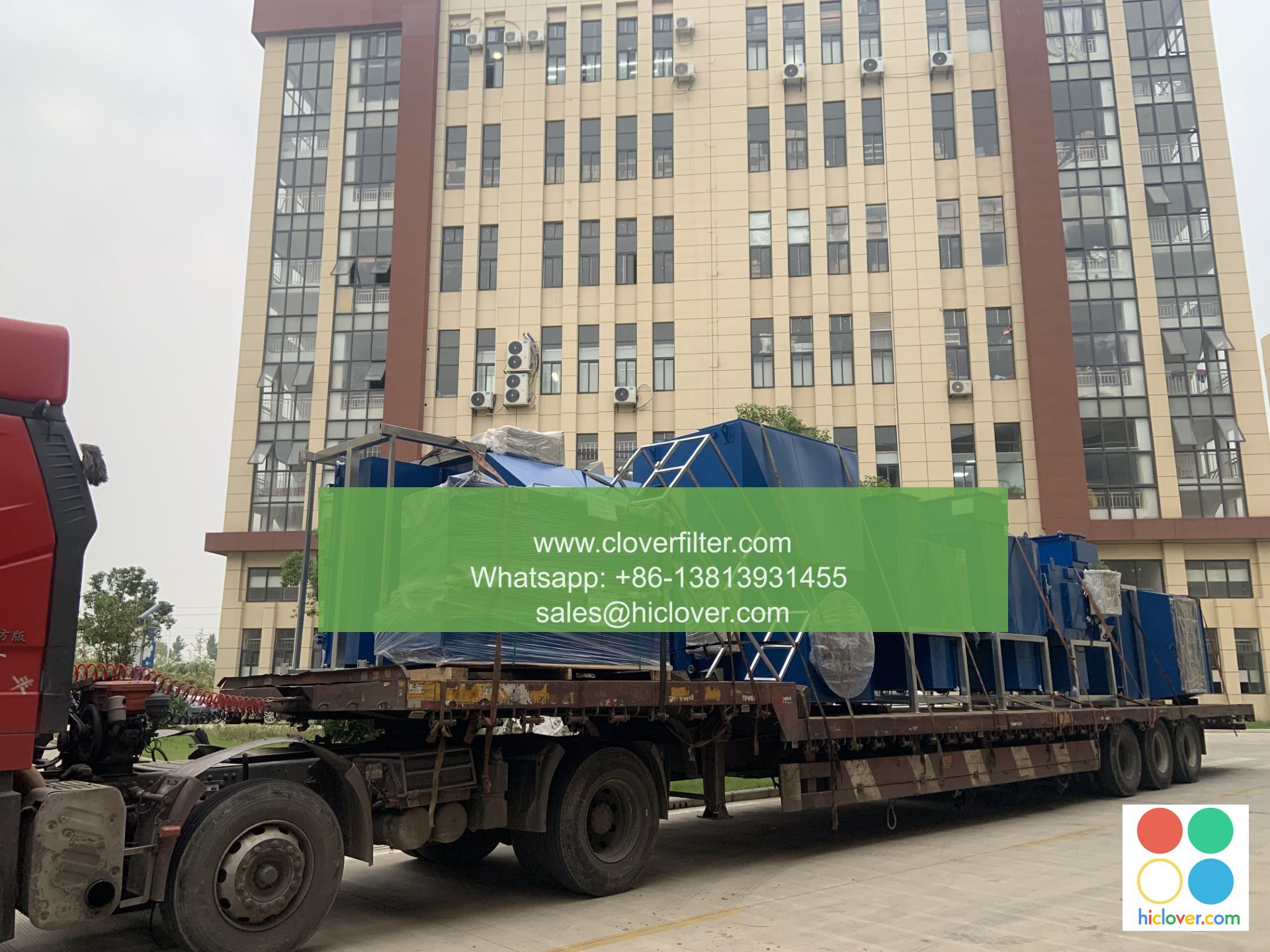How to Prevent Allergies with HEPA Air Filters

Preventing Allergies with HEPA Air Filters: A Comprehensive Guide
Allergies can be a significant source of discomfort, distress, and disruption to our daily lives. With the rising number of allergy sufferers worldwide, it is crucial to take proactive steps to prevent and alleviate allergy symptoms. One effective way to do this is by using High-Efficiency Particulate Air (HEPA) filters in your home and workspace. In this article, we will explore the benefits of using HEPA air filters, their application areas, and how they can help prevent allergies.
The Problem with Allergies
Allergies occur when the body’s immune system overreacts to a specific substance, such as pollen, dust mites, pet dander, or mold, which is typically harmless to most people. The symptoms of allergies can range from mild to severe, including sneezing, runny nose, itchy eyes, and skin rashes. For some individuals, allergies can be life-threatening, leading to anaphylaxis, a severe allergic reaction that requires immediate medical attention.
The Solution: HEPA Air Filters
HEPA air filters are designed to capture 99.97% of particles as small as 0.3 microns, including dust, pollen, pet dander, and other airborne allergens. These filters work by attracting and trapping these particles, preventing them from circulating in the air and entering the respiratory system. By removing these allergens from the air, HEPA filters can significantly reduce allergy symptoms, improving indoor air quality and overall health.
Application Areas for HEPA Air Filters
HEPA air filters are not limited to just one or two areas; they can be applied in various settings to effectively reduce allergy symptoms. Some of the most common application areas include:
Home and Residential Spaces
- Install HEPA air purifiers in your living room, bedroom, or office to eliminate airborne allergens and odors.
- Use HEPA-filtered vacuum cleaners and central air conditioning systems to reduce dust and pet dander.
Commercial and Industrial Settings
- Install HEPA-filtered HVAC systems in offices, schools, and healthcare facilities to maintain a healthier indoor environment.
- Use HEPA-filtered cleaning equipment, such as central vacuum systems, to reduce airborne contaminants.
Vehicles and Public Transportation
- Install HEPA air purifiers in cars, buses, and trains to reduce allergen exposure during daily commutes.
- Use HEPA-filtered air fresheners and cleaning products in public spaces to minimize exposure to potent allergens.
Benefits of Using HEPA Air Filters
The benefits of using HEPA air filters are numerous and impressive:
- Reduced Allergy Symptoms: Fewer airborne allergens mean less exposure to allergens, resulting in reduced symptoms and discomfort.
- Improved Indoor Air Quality: HEPA filters remove impurities, pollutants, and particles from the air, improving overall indoor air quality.
- Healthier Lungs: By reducing exposure to pollutants and allergens, HEPA filters can help improve lung function and overall respiratory health.
- Quiet and Energy-Efficient: Many HEPA air filters are designed to be quiet and energy-efficient, making them a convenient and cost-effective solution for allergy sufferers.
Conclusion
HEPA air filters are a simple yet effective solution for preventing allergies and improving indoor air quality. By incorporating HEPA filters into your daily life, you can reduce exposure to airborne allergens, alleviate symptoms, and breathe easier. Whether you’re at home, in the office, or on-the-go, HEPA air filters can help keep you and your loved ones healthier and happier. Take control of your indoor air quality today with HEPA air filters!
I’m here! I’m happy to help with whatever you’d like to talk about. What’s on your mind?


